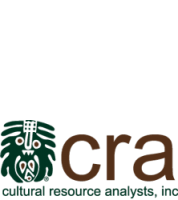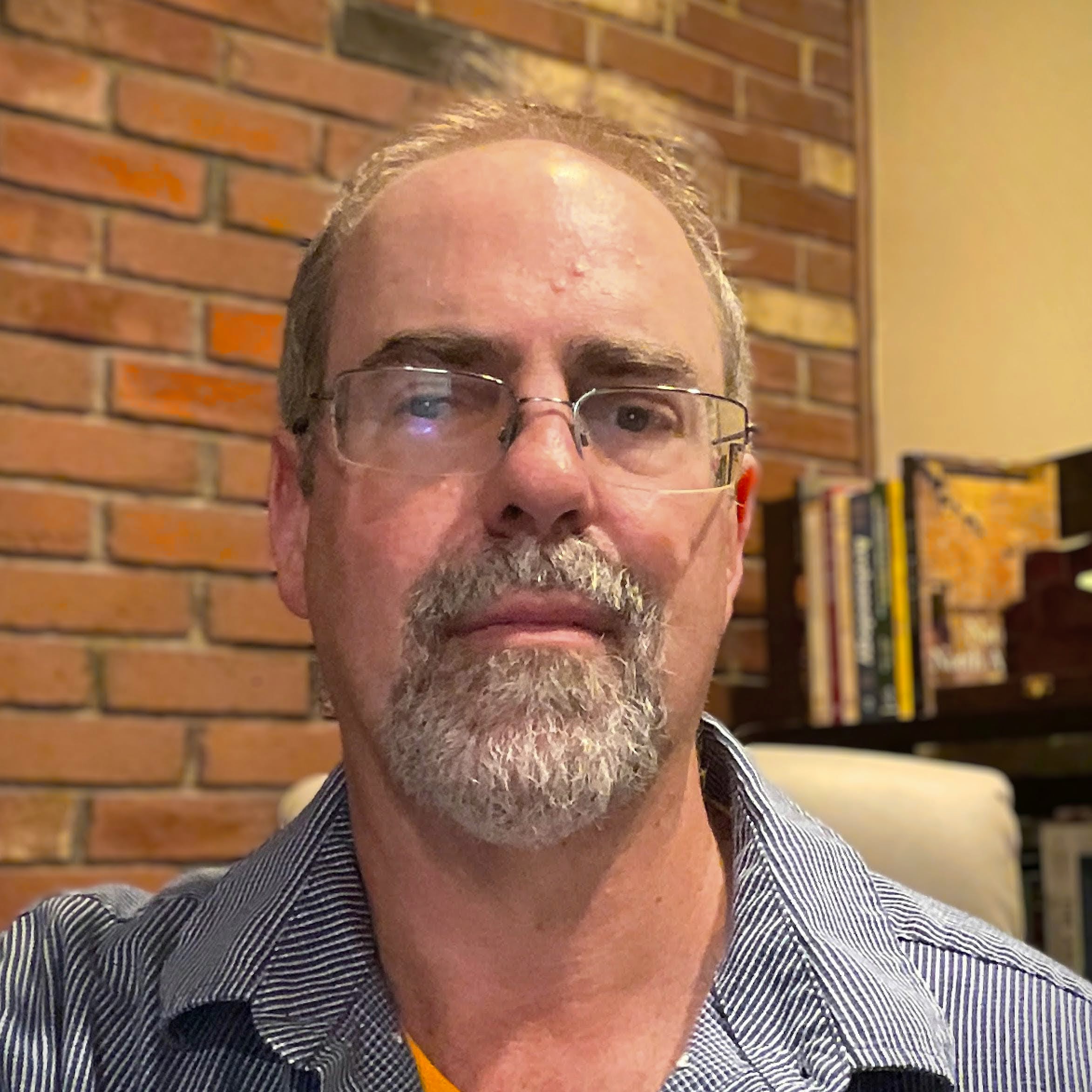Michael Young, RPA
Principal Investigator
RPA Registration No. 18279
EDUCATION
Hamilton College, B.A. Anthropology
New York University , M.A.
University of Leicester, Ph.D. Archaeology
NPS QUALIFICATION(S)
Archaeologist
Michael L. Young has over 20 years of experience as an archaeological principal investigator and has overseen all phases of archaeological investigations. Dr. Young possesses a PhD in Archaeology from the University of Leicester in the United Kingdom, a master’s in anthropology from New York University, New York, and a bachelor’s in anthropology from Hamilton College, New York. Dr. Young has worked on archaeological projects in West Virginia, Ohio, Pennsylvania, Maryland, Georgia, New Jersey, New York, Delaware, Connecticut, Massachusetts, New Hampshire, Maine, California, Oregon, Nevada, Puerto Rico, Nevis, and Israel. Dr. Young, a registered professional archaeologist (RPA Number 18279), exceeds the Secretary of thInterior’s’s Standards for PIs in Archaeology as specified in 36 CFR 61.
Michael has directed archaeological investigations and analyses at numerous rural and urban historic sites dating from the sixteenth through the early twentieth centuries, including historic cemeteries, farmsteads, rural and urban domestic sites, hotels, stores, mining villages, plantations, slave villages, artisan workshops, military encampments and forts, mills, cooper shops, factories and smelting works, and railroad depots. His experience includes archaeological investigations at prehistoric Native American sites of various types, including burial grounds, Native American villages, large-scale base camps, rockshelters, rock art sites, riverine middens, processing and hunting encampments, and transient campsites.
DrYoung’s dissertation research considered the archaeological and architectural evidence from Quaker and non-Quaker domestic sites throughout British Colonial North America, including the Delaware Valley, New England, the Chesapeake, and the Carolinas (available online at: http://hdl.handle.net/2381/33070). The evidence related to Quaker beliefs and tenets was considered, including evidence of foodways, consumption, structural remains of Quaker residences, and the social use of spaceMichael’s’master’s thesis on African-Caribbean pottery from the slave village of Galways Plantation on the Caribbean island of Montserrat, was published in the Volumes in Historical Archaeology Series by the South Carolina Institute for Anthropology and Archaeology of the University of South Carolina. Additional publications on eighteenth-century Quaker consumerism in British Colonial North America and African Caribbean pottery from Montserrat are currently in preparation.




